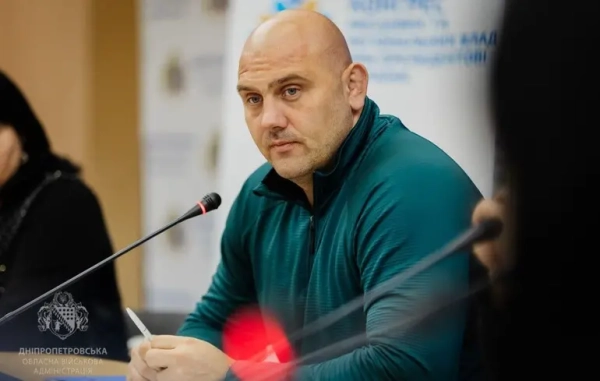California Sen. Dianne Feinstein suffered complications from shingles that included encephalitis, or inflammation of the brain, and Ramsay Hunt syndrome, her office confirmed on Thursday.
Feinstein, a Democrat, was diagnosed with shingles in February and was away from the Senate while recovering at home for some three months.
The New York Times first reported earlier Thursday that Feinstein suffered from encephalitis and Ramsay Hunt syndrome — which affects facial nerves and can cause facial paralysis — as a result of her shingles.
A spokesperson for Feinstein subsequently said in a statement that "the senator previously disclosed that she had several complications related to her shingles diagnosis. As discussed in the New York Times article, those complications included Ramsay Hunt syndrome and encephalitis."
"While the encephalitis resolved itself shortly after she was released from the hospital in March, she continues to have complications from Ramsey Hunt syndrome," the spokesperson said.
At 89, Feinstein is the oldest member of the Senate and has increasingly been the subject of reports and claims that she struggles with her memory and other competency issues — which she's previously disputed.
She has said she will retire at the end of her current term, in January 2025.

Sen. Dianne Feinstein speaks to reporters before entering the Senate Chamber to vote at the U.S. Capitol, Feb. 14, 2023 in Washington.Kent Nishimura/Los Angeles Times via Getty Images
Her absence from the Senate, which ended earlier this month, spurred calls among some Democrats for her to resign because of her inability to vote in the chamber, which her party holds 51-49.
Feinstein is also a member of the Judiciary Committee, and without her Democrats could not advance President Joe Biden's judicial nominees to the federal bench, which is a key priority for the White House.
"It has become painfully obvious to many of us in California that she is no longer able to fulfill her duties as she doesn't have a clear return date," Rep. Ro Khanna, D-Calif., said on CNN in April.
"As someone from California, I felt an obligation to say what's so many colleagues are saying in private," he said then.
Many lawmakers publicly defended Feinstein, however, with Michigan Sen. Debbie Stabenow suggesting she was the target of sexist scrutiny compared with male senators — and that some of Feinstein's critics may even be politically motivated in light of the race to succeed her.
"My antenna goes up when it appears that a woman is being treated differently, when it's unfair. I'm not saying that Sen. Feinstein doesn't have health challenges, as do male colleagues," Stabenow told The New Yorker.
"Rather than people disrespecting her right now, I would prefer that they were wishing her well," she said of Feinstein.
When Feinstein returned to Capitol Hill in May, she was warmly welcomed by colleagues and said in a statement that "even though I've made significant progress and was able to return to Washington, I'm still experiencing some side effects from the shingles virus."
"My doctors have advised me to work a lighter schedule as I return to the Senate. I'm hopeful those issues will subside as I continue to recover," she said.
Earlier this week, when asked by reporters about her reception on the Hill after being gone, Feinstein appeared to be confused by the question while indicating that she hadn't left.

Sen. Dianne Feinstein takes her seat as people applaud, at a business hearing of the Senate Judiciary Committee on Capitol Hill, May 11, 2023, in Washington, D.C.Drew Angerer/Getty Images
What to know about encephalitis, Ramsay Hunt
Encephalitis, or swelling in the brain, is a rare complication of infections with the varicella zoster virus — the virus responsible for shingles. It's more common in people with shingles who have compromised immune systems.
Other viral infections, like herpes simplex virus and some respiratory viruses, can also cause encephalitis.
Symptoms of encephalitis include headache, vomiting, behavioral changes and a high fever.
Immediate, aggressive medical treatment is required for people who are suspected to have encephalitis as the disease can quickly progress, causing severe, irreversible neurological damage, according to the National Institutes of Health. Recovery can slow, and serious cases often require intensive rehab.
Ramsay Hunt syndrome is another condition caused by the varicella zoster virus. It affects the facial nerve near the ear and can cause facial paralysis, ear pain and rash.
Sourse: abcnews.go.com






